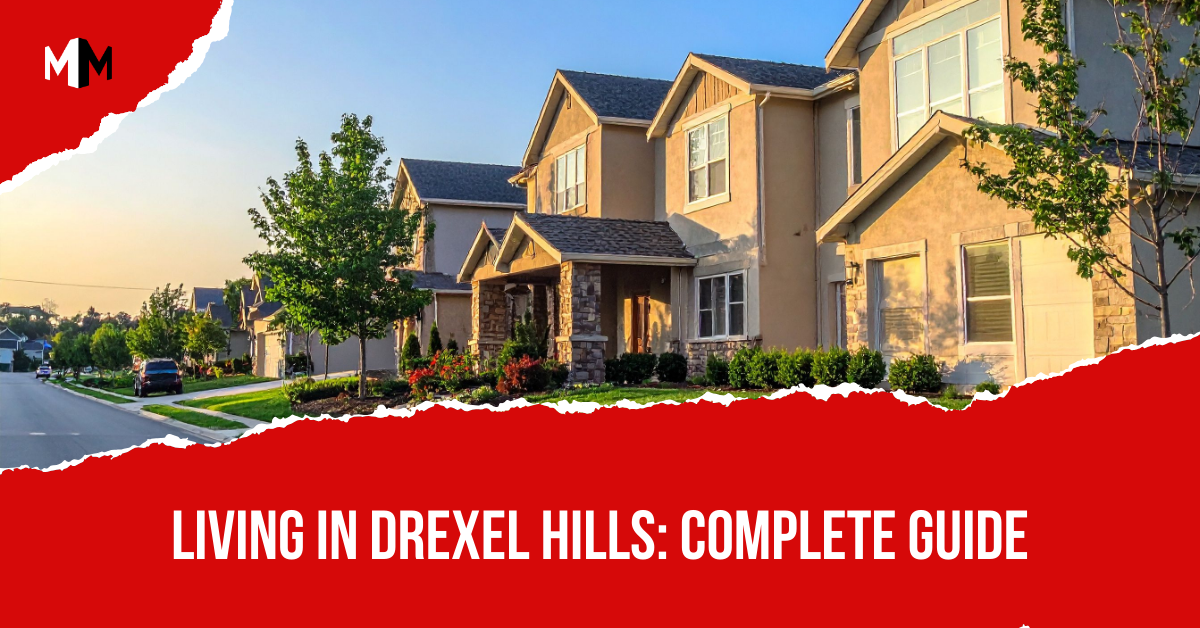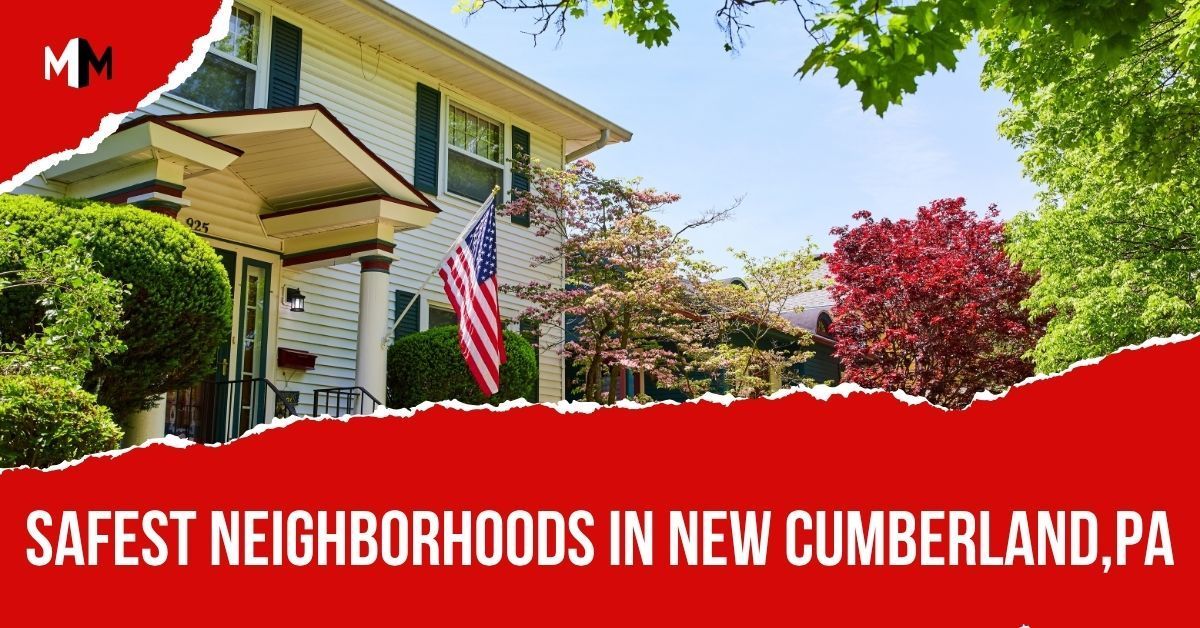Pennsylvania Driver's License Essentials
A Pennsylvania driver's license is an official identification issued by the Pennsylvania Department of Transportation (PennDOT) that allows individuals to legally operate a motor vehicle within the state. This license serves not only as a permit for driving but also as a valid form of identification for various purposes, including traveling, banking, and voting.
Typically, obtaining a driver’s license involves meeting certain eligibility criteria, completing a knowledge and vision test, and passing a road test. The process equips drivers with the necessary skills and knowledge to navigate Pennsylvania’s roads safely.
Key points to consider regarding the Pennsylvania driver’s license include:
Legal Requirement: It is illegal to operate a vehicle without a valid driver’s license in Pennsylvania.
Identification: A driver’s license is widely accepted as a form of identification.
Road Safety: The licensing process ensures that drivers are educated on road safety and traffic laws.
Types of Pennsylvania Driver's Licenses
In Pennsylvania, there are several types of driver's licenses catering to different needs and vehicle classifications. Understanding the various types will help you determine which license you should apply for based on your driving requirements. Here’s a detailed look at the various types of Pennsylvania driver’s licenses.
Types of Licenses Overview
Pennsylvania offers different classes of driver's licenses, including:
Class A: For operating combination vehicles with a gross vehicle weight rating (GVWR) of 26,001 pounds or more, including trailers.
Class B: For driving single vehicles with a GVWR of 26,001 pounds or more or towing vehicles that do not exceed 10,000 pounds.
Class C: For operating standard vehicles that do not fit the criteria for Class A or B, usually for personal use.
Class A, B, C Licenses
Class A License: This license is essential for individuals who wish to drive large commercial vehicles. To obtain a Class A license, one needs to pass both the knowledge and road tests, focusing on driving techniques for larger tractors and trailers.
Class B License: Ideal for those operating heavy trucks without a trailer with a GVWR of 26,001 pounds. The testing process is similar, ensuring that drivers are capable of handling these larger vehicles safely.
Class C License: Most drivers will qualify for a Class C license, which permits the operation of personal vehicles and light trucks. Obtaining this license focuses on the rules of the road and safe driving practices.
Commercial Driver's License (CDL)
A Commercial Driver's License (CDL) is a specialized license necessary for operating commercial vehicles. This includes large trucks and buses, and the licensing process involves stricter tests and regulatory requirements due to the size and complexity of these vehicles. Individuals interested in obtaining a CDL must meet specific qualifications, which include:
Passing a medical exam.
Completing additional training on commercial driving operations.
Successfully passing both written and road skills tests tailored for commercial vehicles.
Motorcycle License
In Pennsylvania, if you wish to operate a motorcycle, you must obtain a motorcycle license. There are two ways to do this:
Motorcycle Learner’s Permit: This allows you to practice riding under certain restrictions.
Full Motorcycle License: To get this license, you must pass a written test and a skills test or complete an approved motorcycle safety course.
Key Restrictions for Motorcycle Licenses:
Riding with a passenger may not be allowed on a learner’s permit.
Operating during nighttime may have restrictions.
Eligibility Requirements
Before applying for a Pennsylvania driver’s license, it’s crucial to ensure that you meet the eligibility criteria set by the Pennsylvania Department of Transportation (PennDOT). Here are the main requirements you need to consider:
Age Requirements
The age requirements vary depending on the type of license you're applying for:
- Learner's Permit: You can apply for a learner’s permit at the age of 16. However, you must be at least 18 to qualify for a full unrestricted driver’s license.
- Full Driver's License: Generally, you must be at least 16 years old to apply for a junior driver’s license (a restricted license for new drivers) and at least 18 for a regular unrestricted license.
Residency Requirements
To obtain a Pennsylvania driver’s license, you must be:
- A resident of Pennsylvania for at least 30 days before applying.
- Able to provide proof of residency. This can be established through various documents such as utility bills, lease agreements, or bank statements.
Identification Requirements
When applying for your license, you will need to provide specific identification documents. This may include:
- Primary Identification: A valid U.S. passport, military ID, or a birth certificate.
- Secondary Identification: A Social Security card or another legal form of ID.
- Proof of Residency: As mentioned above, utility bills, bank statements, or lease agreements that show your Pennsylvania address.
- Medical Documentation: If applicable, any documentation required for special circumstances, like driving with disabilities.
Applying for a Pennsylvania Driver's License
Once you confirm that you meet all the eligibility requirements, the next step is to apply for your Pennsylvania driver's license. This section will walk you through the application process, including where and how to apply.
Location of DMV Offices
To apply for a driver’s license in Pennsylvania, you must visit a local Department of Motor Vehicles (DMV) office. You can find the nearest location by visiting the PennDOT website. Keep in mind that some services may require appointments, while others might be available on a walk-in basis.
Steps to Apply
The application process can be done either online or in person, depending on your situation.
Online Application Process
- Visit the PennDOT website: Navigate to the driver's license section.
- Select "Apply for a License": Choose the type of license you wish to apply for.
- Complete the Application: Fill out the necessary form and submit it online.
- Pay the Fee: After completion, you’ll need to pay the application fee online.
In-Person Application Process
- Gather Documents: Collect all required identification and residency documents.
- Visit DMV Office: Find your local DMV office and either schedule an appointment or walk in.
- Complete Application: Fill out the application form provided at the office.
- Pay the Fee: Make your payment at the DMV counter.
Required Documentation
Make sure to bring all necessary documentation mentioned in the previous eligibility section. This will help expedite the process.
Permits and the Learner's Permit
Before obtaining a full driver’s license, new drivers usually need to start with a learner's permit. This permit allows you to practice driving with certain restrictions.
Obtaining a Learner's Permit
To get a learner's permit in Pennsylvania, follow these steps:
- Complete a Driver Education Course: Though not mandatory, it is highly recommended to complete a state-approved course.
- Pass the Vision and Knowledge Test: This includes the rules of the road, safe driving practices, and Pennsylvania laws.
Restrictions and Regulations for Learner's Permit Holders
- Must be accompanied by a licensed driver at least 21 years old in the front seat.
- Driving is not permitted during nighttime hours (generally from 11 PM to 5 AM) unless for work.
Road Testing and Examination
Once you feel comfortable behind the wheel with your learner’s permit, it’s time to take the road test to obtain your full license.
Preparing for the Road Test
Practice driving covers various traffic situations, including:
- City driving
- Highway merging and exits
- Intersection navigation
What to Expect during the Road Test
During the road test, an examiner will observe your driving performance and evaluate your:
- Ability to follow traffic signals
- Skill in parking, turning, and reversing
- General handling of the vehicle
Testing Locations
You can take the road test at any authorized PennDOT driver’s license center. Be sure to check availability and schedules on the PennDOT website before going.
Renewing and Replacing Your License
Your Pennsylvania driver’s license needs to be renewed periodically, usually every four years.
Renewal Process
To renew your license, visit a local DMV office or opt for online renewal through the PennDOT website if eligible. You may need to complete a vision test.
Replacement of Lost or Stolen Licenses
In the event of a lost or stolen license, you can apply for a replacement online or in person. Bring identification documents and report the loss to avoid identity theft.
Special Considerations
It's essential to be aware of some unique circumstances related to driver's licenses in Pennsylvania.
License Suspensions and Reinstatement
If your license is suspended due to violations, you'll need to take specific steps to reinstate it, usually involving fulfilling court requirements and paying a reinstatement fee.
Driving with Disabilities
Pennsylvania recognizes the importance of inclusivity among drivers. If you're a driver with disabilities, PennDOT provides guidelines and resources for obtaining special license plates or permits.
Frequently Asked Questions
- What if I am an Out-of-State Resident?
If you move from another state, you must apply for a Pennsylvania driver’s license within 60 days of establishing residency. Bring your previous license and identification documents.
2. How Does the Point System Work?
Pennsylvania uses a point system to track traffic violations. Accumulating points can result in fines and potential suspension of your driving privileges.
3. What to Do if I Fail the Road Test
If you don’t pass your driving test, wait at least one week to retake it. Use this time for additional practice and review of the driving material.
Your Pennsylvania Driver's License Journey
Obtaining a Pennsylvania driver’s license is an essential step in responsible vehicle operation in the state. The process may seem challenging at first, but understanding the requirements, types of licenses, fees, and steps involved can make it manageable.
As you navigate through your license journey, remember that safety and knowledge are your greatest allies on the road. We encourage everyone to drive responsibly and take the time to familiarize themselves with the traffic laws and regulations in Pennsylvania.
For additional information or assistance with your moving process, consider reaching out to
Making Moves PA, your trusted moving company in Harrisburg, PA.








